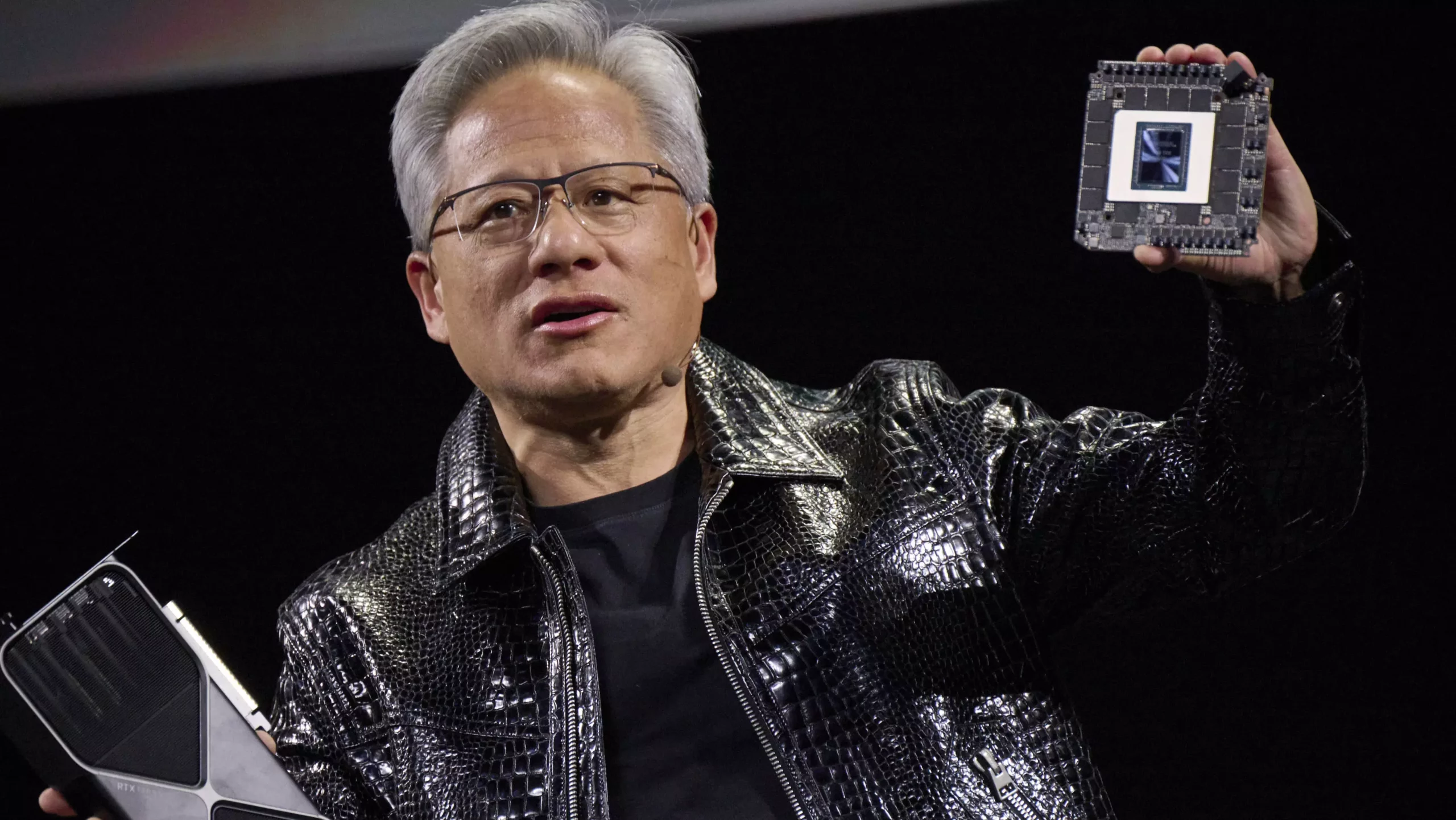In an era defined by immense technological advancements, the intersection between national interests and global cooperation has become increasingly complex. The recent dialogue surrounding the potentials of American chip exports under a nationalist US administration raises important questions about how we can direct innovation while navigating the intricate dynamics of global trade. Jensen Huang, CEO of Nvidia, highlights the urgent need for the US to adapt its policies for chip diffusion in a world that has undergone dramatic transformations. The stakes have never been higher as tech giants and national governments grapple with the balance of fostering growth while addressing geopolitical tensions.
The Dichotomy of Export Policies
Huang’s insights into the proposed changes to chip export rules illuminate a critical dilemma. The previous diffusion framework, which categorizes countries into tiers based on their eligibility to receive American chips, may soon morph into a licensing system that mandates each country to obtain explicit permission for chip imports. On the surface, this change could enhance the US’s strategic power in negotiations; however, it might stifle innovation by slowing down exports. Huang contrasts the need for aggressive international outreach with the protective, isolationist tendencies that seem to pervade the current administration’s rhetoric. By advocating for a more flexible regulatory framework, he underscores a prevailing belief that the key to advancing American technology lies in its global adoption—not in restricting its availability.
The Artificial Intelligence Proposition
In many ways, the race to dominate artificial intelligence represents not just a technological competition, but a profound ideological one. Huang’s comments regarding China as a competitor mirror the concerns of a nation increasingly aware of its own vulnerabilities. With half of the world’s AI researchers based in China, the urgency to bolster American AI capabilities is palpable. Huang’s assertion that we are operating in an “infinite race” against a wealthy and technically adept rival captures the essence of the challenge. He argues that U.S. policy must prioritize the acceleration of innovation through expanded access to American technology.
However, one cannot ignore the implications of such open-ended access. Proponents of stringent export controls caution that a looser approach could inadvertently empower rivals, allowing cutting-edge technology to seep into the hands of those interested in outpacing the US. This creates a paradox where aggressive export strategies might risk national interests while simultaneously attempting to enhance them.
The Fallacy of American Exceptionalism
While Huang’s points resonate with the fundamental values of entrepreneurship and innovation, it is essential to scrutinize the concept of “American” technology. The reality is that Nvidia, like many other semiconductor companies, relies heavily on global supply chains, particularly from Taiwan’s TSMC. This dependency raises critical questions about the notion of American exceptionalism in tech manufacturing. When interpreting Nvidia’s chips as distinctly American, we must champion a more nuanced understanding: they are, in many ways, products of a collaborative international ecosystem.
This complexity brings forth concerns about how we characterize global trade in the tech space. Are we genuinely exporting American innovation if the core of our product is manufactured outside the national borders? The reliance on foreign manufacturing, especially for crucial components, calls for a reconsideration of the narrative surrounding national competitiveness in technology.
The Underlying Motivation: Profit vs. Progress
At the intersection of policy and technology lies the undeniable influence of profit motives. Expanding chip exports could enhance Nvidia’s market share and profitability, aligning corporate interests with a broader economic agenda. However, it brings to light the question: is the predominant focus on profit undermining the genuine spirit of innovation? While companies like Nvidia undoubtedly aim to drive their bottom lines, they do so under the guise of national interest and technological advancement. The layered motivations behind such policy advocacy warrant scrutiny, particularly as we ponder whether the outcomes serve broader societal goals or merely corporate gain.
Ultimately, the discourse surrounding AI technology and export policies is not a mere technical affair; it is an intricate reflection of how we envision our place within a changing world. The confluence of globalization, nationalism, and innovation presents opportunities but also challenges that demand careful navigation. A nuanced understanding of these dynamics will be essential as we move forward in what is perhaps the most consequential race of our times.


Leave a Reply